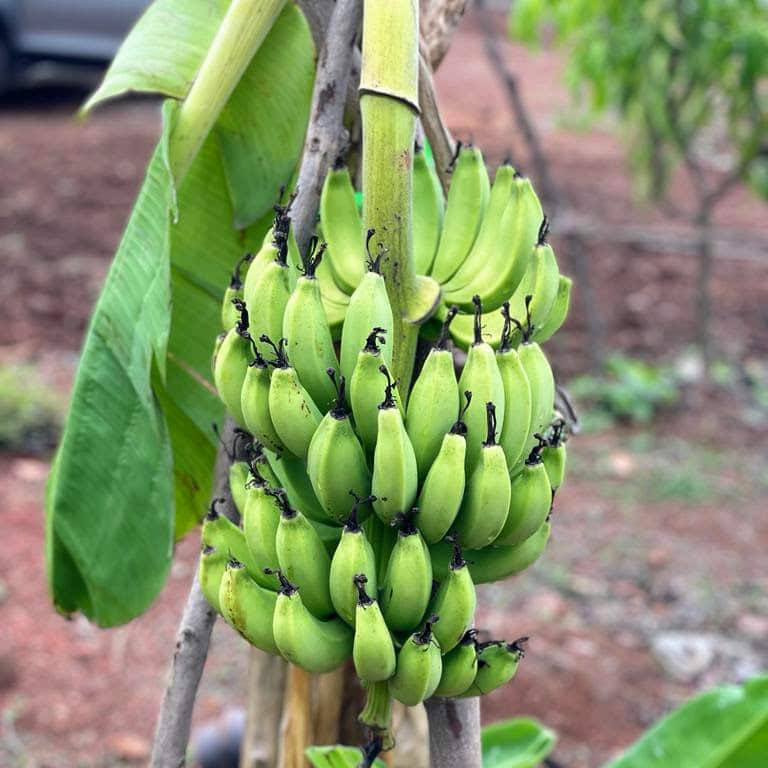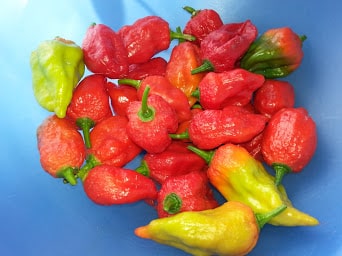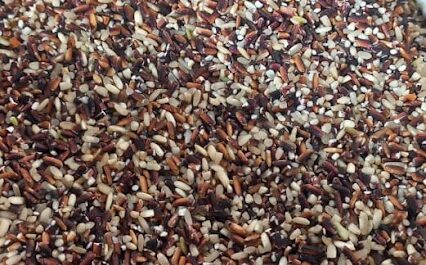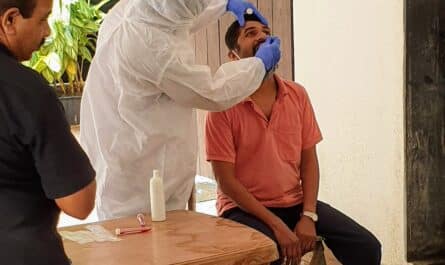Temperatures are rising at the Farm. Yes, it’s a week after Holi, the time of year when the heat of summer starts. On cue, it had started getting warm. Yes, we know all about global warming. And yes, we are well prepared for temperatures that reach 40 degrees Celsius by late morning. But the heat we are facing here has more to do with rising tempers than temperatures.
The Farm, which is normally our happy place, has become a tense place of bubbling anger and heated discussions.
We’ve faced our fair share of challenges at the Farm. From the struggle to get our 7/12 and our encounters with the Farm Fiend to the drama with our electric poles and the Bull run that ravaged our crop. We stumbled a bit but eventually managed to overcome all these obstacles. Then there are the smaller trials of getting our electric meter repaired (actually, getting anything repaired), hiring labour or dealing with the pests and other mysterious plant diseases that creep up on us. We take all these on the chin as a part of our lives as farmers.
But the biggest challenge by far has been the obstinance and rigid approach of everyone we deal with.
In the first few months after we bought the farm, I excitedly sourced black turmeric and red bhindi (lady finger) seeds and two blue banana saplings. But when I took them to the farm, I was met with suspicion and stonewalling. These won’t grow here, I was categorically told. At our insistence, though, the blue bananas were planted alongside our first few regular banana plants. We watched the blue banana trees like hawks on every visit and couldn’t wait to taste the bananas, which I was told were super sweet and tasted mildly like vanilla.
Similarly, when Bandra Rose wanted to plant avocado trees, she was rebuffed with a curt “Foreign trees won’t work here”.
Can we grow jowar?
No.
Why not?
Won’t grow.
Why not?
Never been done.
Why not??
Won’t grow!
Round and round and round. These conversations have been repeated like a bad rap song for the last two years. A complete stonewalling and resistance to trying anything new. It started right from the beginning when we insisted we wanted our farm to be 100% organic. We were repeatedly told that the farm would yield better results with pesticides and chemical fertilizers. But we have remained resolute on this: Two Bandra Girls Farm is and will remain 100% organic.
That’s not taking away from the fact that Grim S planted hundreds of mango, cashew, chickoo, and banana trees, along with a scattering of papaya, kokum, and neem trees. And being in a traditional rice-growing area, the crew plunged eagerly into paddy planting. But come October, after the rice had been harvested and we asked for wheat to be sown, we were again met with our recurring rap song. Can we grow wheat? No, Why not? Won’t grow…..
Yes, I am the first to admit we are complete novices and have no idea about farming. But seriously, this pushback on any suggestion we made was beginning to get our goat.
Now, gently but firmly, we have started to dig in our heels. Yes, of course, we will grow everything indigenous to this region, but we will also try to grow things that haven’t been planted here before.
So, flying in the face of all local advice and wisdom, we planted nachni (finger millet) and varia (barnyard millet). Both with a fair degree of success. Once the rice and millets were harvested, we asked Grim S and the Imp to plant wheat, tomato, chili, aubergine, sweetcorn, watermelon, peanuts and bajra.
I won’t get into the pushback or dire predictions. But I’m happy to say we did get a reasonable harvest of wheat, an excellent thirty-odd ears of the most delicious, tender sweetcorn, and a small basket of peanuts. The watermelon was a mixed bag, mostly because neither the Imp nor Grim S knew when the watermelons were ripe and ready to pick. So, while we got a half dozen red, sweet, and juicy watermelons, we got another dozen that were light pink and pale on account of being picked too early. I count this as a victory, as there was nothing wrong with the watermelon. Just a bit of learning is required of us.
A bird attack ravaged the entire bajra crop that had been growing wonderfully, stripping it overnight. So, I can’t tell you what could have been.
And the vanilla icing on our cake was our first harvest of the blue bananas we had insisted on planting early on.

Grim S, though, was not best pleased. The harvest, he said, was ridiculously low for the time, effort, labour and water that had been used over the course of three months. These parts, he reiterated, were not conducive to these crops. He urged us to plant more mango and cashew trees. They were sure to grow. Why, he asked, were we experimenting with crops that were never grown in these parts?
As we continued this conversation for the umpteenth time, tempers began to flare. Soon, Grim S made a new announcement. “We don’t have adequate water pressure.” Now this single statement has a half-dozen concepts rolled up inside. Using an old cliche, this was truly a riddle wrapped in a mystery inside an enigma. What did this mean?
Has the water table gone down? No.
Are the pumps not working? No
Is there not enough drip irrigation? No
This interrogation went on, and finally we decided to redo the water divining and dig a new well. We also spoke to those in the know and found that it was possible to create a sump and storage tank. Can we build these? No. Why not? Never been done…
Again, we have dug in our heels on this and plan to install a storage tank immediately after the rains.
During the hot, dry summer, we decided that we would get a JCB, terrace the land to increase cultivable area, remove and reposition large rocks that were scattered around the land, and remove the wild and scraggly trees we inherited with the land. This was done, and the arable area dramatically increased.
Next, we ordered multiple tractor loads of cow dung and fertilized the rice-growing area. Three different varieties of rice were procured: Ambemohar, Indrayani, and Assamese Black Rice.
Mr. Stonethrower’s old school buddy was extremely generous and gifted us a Power Tiller. This invited new rounds of skepticism, doubt, and negativity. But we persisted and insisted that the Power Tiller be used to prepare the fields instead of relying on our undependable neighbor, who loaned us his traditional buffalo plough grudgingly at his convenience.
Finally, here we are at the beginning of September. We have planted the three varieties of rice in well-fertilized fields. The planting and transplanting of the rice were done at our time using the wonderful Power Tiller, and the results have, so far, been dramatic. The rice is growing like it’s on steroids! It’s tall, easily 5 feet tall. It’s dense and thick, and the aroma from the plants is quite something. Imagine putting your face into a jar of rice and taking a big sniff. Intoxicating.
We hope and pray for a good harvest. And despite the heat, we are quietly chuffed at all we have managed in the last few months.
And to add more joy and life to our farm, here are our newest residents:




More power to you!
This defines persevering.
In it’s own way, this story defines the India agri story
Thanks Prasad. We’re loving every minute of it, but it’s an uphill task
The amount of grit and determination to get things done is just AMAZIINGG. love you and love your ability to just get things done once you have set your mind to them!
Hugs. Come visit soon
Amazing! The paddy fields look divine! Look forward to read what happens ahead and make a trip there some day!
Fabulous. Outcome and Writing. Keep going. Am sure you can follow it up with a meal made with the produce. And do a film like that English chef ( with a double barrel surname ) does . Hugh something ..
haha…thanks Sujjain. No plans to follow in the footsteps of Hugh Fearnley-Whittingstall just yet